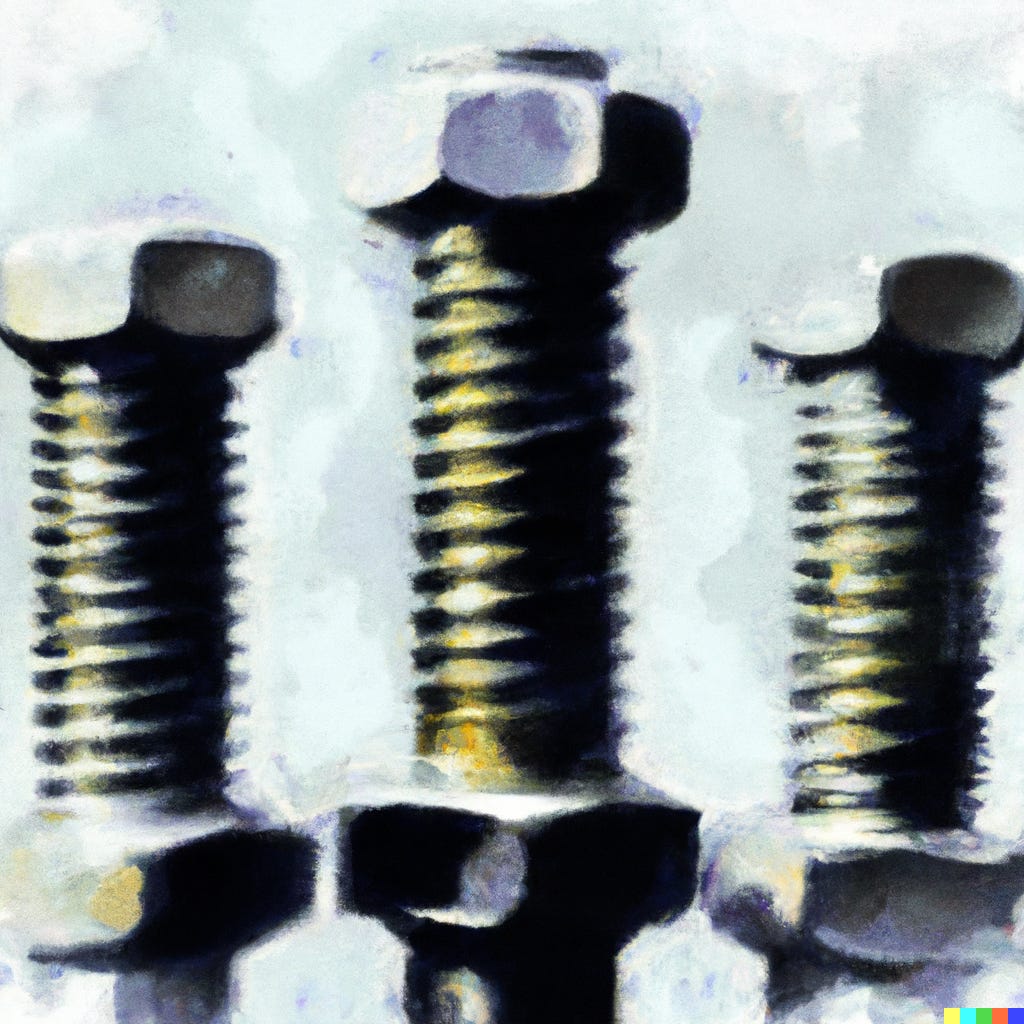Equivalence relations
Equivalence relations fruitfully generalize one of the most important and philosophically central relations that there is, the relation of identity.
An equivalence relation is a binary relation that is reflexive, symmetric, and transitive. It is truly difficult to overstate the importance and ubiquity of the equivalence relation concept in mathematics—it appears throughout the subject in every area of pure mathematics.
Part of the reason for this is surely that equivalence relations fruitfully generalize one of the most important and philosophically central relations there is, the identity relation x = y. This equality relation, we have observed, is reflexive, symmetric, and transitive, and consequently,
Equality is an equivalence relation.
In a sense equality is the primal, fundamental equivalence relation, and all other equivalence relations should be seen as a generalized kind of identity relation. We use an equivalence relation precisely when we want a softer notion of identity, one taking into account only the relevant aspects of individuals while ignoring irrelevant differences that would cause two objects to be strictly nonidentical, even when they are identical enough in all the ways that matter for a particular purpose. For example, if you are assembling a machine, you might consider all the type 6 hex-head bolts as equivalent for the purpose of assembling the machine; although the bolts are not identical as physical objects—they are not all literally the same bolt—they are nevertheless identical enough for the purpose of assembling the machine, and so we want to count them as equivalent.
Because equivalence relations thus express a concept of identity, mathematicians often use equality-like symbols, such as ≈, ≅, ≡, and ~, to represent the equivalence relations they are considering, and these symbols are often defined and redefined with different meanings in different situations.
Mathematical examples abound.



